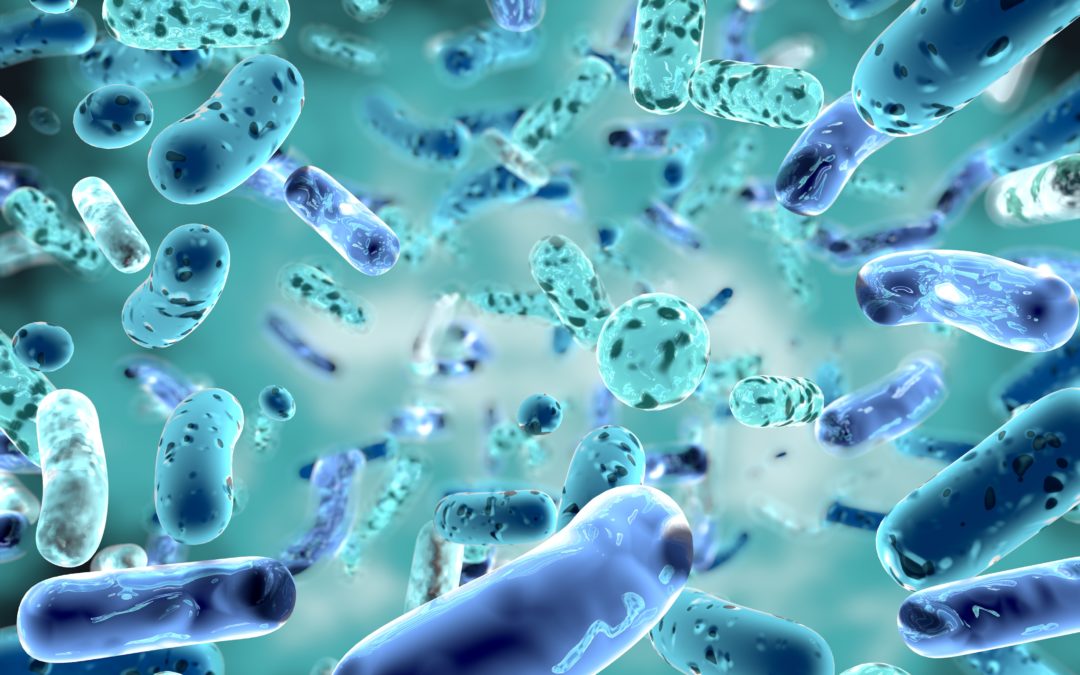Reference
Ghosh TS, Rampelli S, Jeffery IB, et al Mediterranean diet intervention alters the gut microbiome in older people reducing frailty and improving health status: the NU-AGE 1-year dietary intervention across five European countries Gut Published Online First: 17 February 2020. doi: 10.1136/gutjnl-2019-319654
At a glance
A study published in Gut showed that in the elderly the Mediterranean diet, followed for 12 months, modifies the intestinal microbiome, reducing fragility and improving health. The NU-AGE MedDiet, this is the name of the diet used in the study, is characterized by an increase in the consumption of fiber (vegetables, fruits), carbohydrates (whole grains), vegetable protein (legumes), polyunsaturated fatty acids (fish) and vitamins such as vitamin C (fruit) and a concomitant decrease in the consumption of fat, alcohol, sodium and sugar (sweets).
What is already known
We know that:
- aging is related to the deterioration of different physiological systems and increased inflammation leading to fragility. Frailty can lead to the development of chronic inflammation (inflamm-aging), loss of cognitive function, sarcopenia and the development of chronic diseases such as diabetes and atherosclerosis;
- the onset of fragility is associated with changes in the intestinal microbiome, linked to a poor or poorly diversified diet (especially in patients admitted to a nursing home);
- the Mediterranean diet is related to good health: reduced mortality, increased antioxidant activity, reduced incidence of many diseases and reduced inflammation. The Mediterranean diet is also related to reduced fragility.
Design and Methos In a cohort study involving more than 1200 people aged between 65 and 79, in several European countries (Poland, the Netherlands, the UK, France and Italy), this randomised, controlled, single blinded trial focused on a subgroup of 612 people, classified as pre-fragile or non-fragile. Participants followed a normal diet (n=289) or a Mediterranean diet (n=323) for 12 months and their intestinal microbiome was analysed before and after.
Main Findings
The specific diet (NU-AGE MedDiet) followed by participants over the 12 months has been associated with beneficial changes in the intestinal microbiome, in particular:
- a reduction in the loss of bacterial diversity typical of the elderly;
- an increase in the types of bacteria associated with known indicators of reduced fragility;
- an increase in short-chain fatty acid production and a decrease in secondary bile acids, the excess of which is linked to an increased risk of intestinal cancer, insulin resistance, fatty liver and cell damage;
- an improvement in inflammation indexes (such as C-reactive protein and interleukin 17);
- bacteria that have proliferated in response to the Mediterranean diet have created a stable intestinal ecosystem, “throwing out” bacteria associated with indicators of fragility.
All these factors proved to be independent of participants’ characteristics such as age and body mass index. Although the composition of the microbiome before the introduction of the new diet was different according to the origin of the participants (particularly in Italy), after 12 months the response to the Mediterranean diet was independent of nationality. The changes were largely due to an increase in dietary fibre and associated vitamins and minerals, in particular C, B6, B9, copper, potassium, iron, manganese and magnesium.
Limitations
“The interplay of diet, microbiome and host health is a complex phenomenon influenced by several factors”, the researchers explain. “While the results of this study shed light on some of the rules of this three-way interplay, several factors such as age, body mass index, disease status and initial dietary patterns may play a key role in determining the extent of success of these interactions”. In addition, the study cannot demonstrate a causal correlation between microbiome changes and health, because some results are inferred and not directly measured.
What’s New
The most interesting aspect of this research is that it identifies the response of the microbiome accompanied by specific beneficial changes in intestinal metabolic profiles as a key intermediary between adherence to the Mediterranean diet and health. In practical terms, this study indicates the possibility of modifying the diet to modulate the intestinal microbiome, so that this change can promote healthy aging.
What the prospects
As far as research prospects are concerned, the results obtained provide a selection of microbial categories that can be further examined as live biotherapeutic agents for direct administration to the elderly, in order to reduce the onset of fragility. It should be keep in mind that the long-term maintenance of a Mediterranean diet in the elderly could in many cases be an unrealistic, uneconomic or impossible option: for example in countries where the ingredients of the diet are not readily available throughout the year, or in people with difficulty in chewing, salivation, dysphagia or those suffering from irritable bowel syndrome. By Francesca Memini

